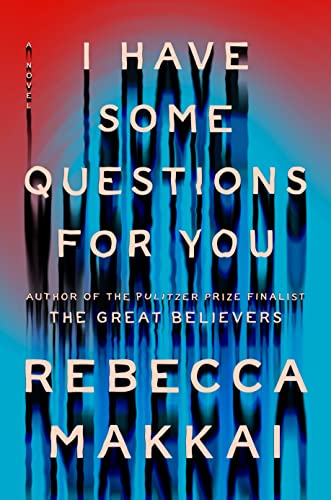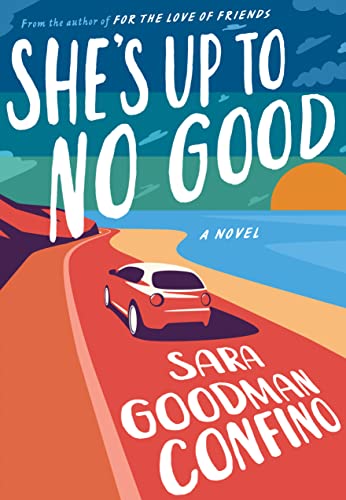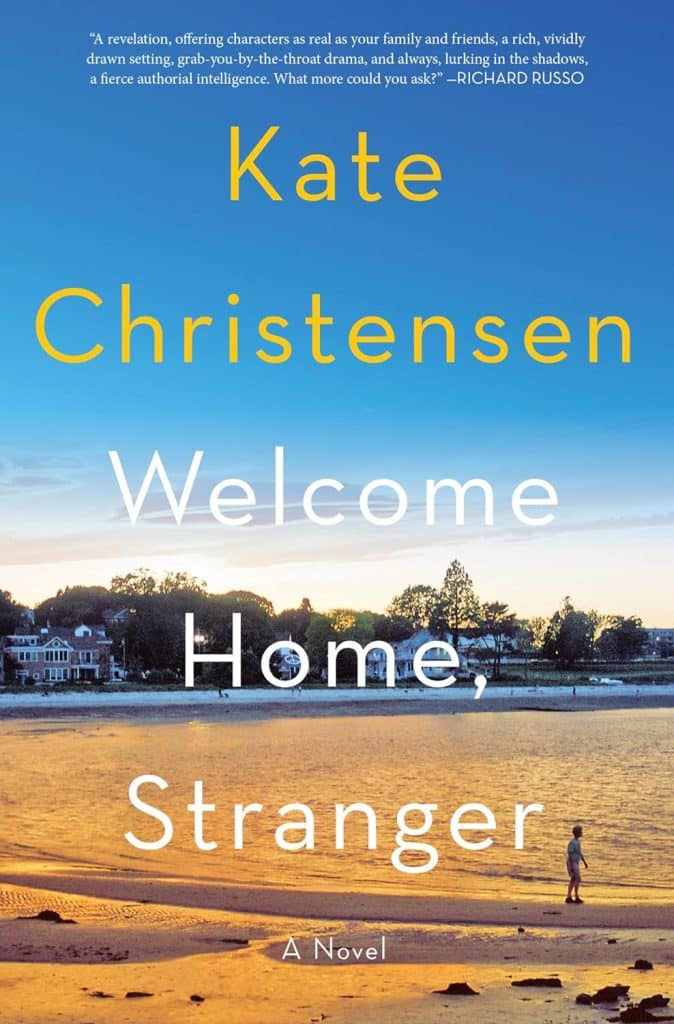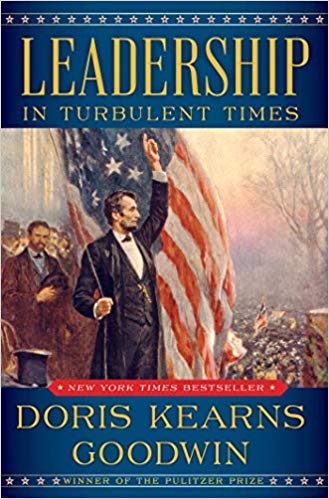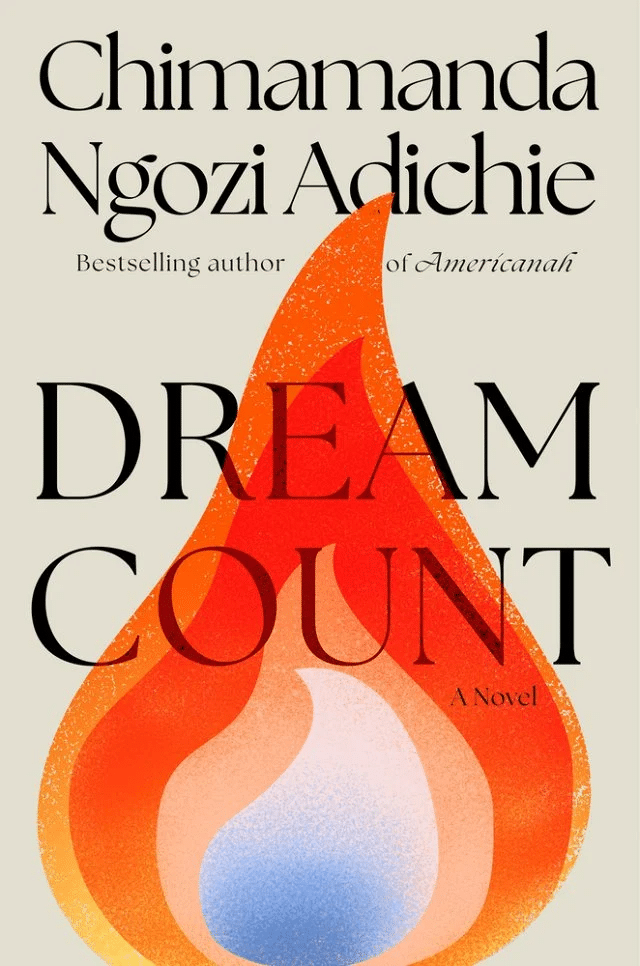
Intense Pollinosis Stymies Spring
Jan's Last Gift Continues Giving Me Hay Fever
Estimated reading time: 1 minute, 50 seconds“All I have in stock is Claritan D, 24-hour.”
Standing at the counter of Baron Drugs after a 7.88-mile walk, I said I would take the package.
My eyes felt like I was underwater, and my nose had sniffled my entire hike.
As he processed the payment, I complimented him on the extensive and expensive improvements to the store.
Thanks, it is more efficient and lets us serve our customers better.
Walking out with the medication in my jacket pocket, I remembered being here with Jan when we were looking for CBD products to help her with neuropathy. The store looked like it could have been the set for a 1950s movie.
Arriving in 3B, I ripped open the box and took a pill before removing my jacket. My symptoms began to subside over breakfast.
Although the pollinosis medication is non-drowsy, I have felt a little weirder than usual.
I have never been one to take a variety of medications. All I take daily are multivitamins and enough Vitamins C and D to meet my daily requirements.
In time, I am confident the Calritan effect will vanish, and I will not even remember adding this to my regimen.
Jan always suffered from Hay Fever, but pollen has never impacted me.
When Jan died, I thought her lasting gift to me was her enduring love. The more I give it away, the more love I have to share.
Perhaps, Jan also gave me hay fever to remember her forever. It is, like her love, a gift that keeps on giving.
The Calritan is working, and I will be well soon, and my love for Jan will never die.
The Jan Lilien Education Fund sponsors ongoing sustainability and environmental awareness programs. Gifts made this month; I will match dollar-for-dollar. All donations are tax-deductible.
I receive a commission when you buy a book or product using a link on this page. Thank you for supporting Sharing Jan’s Love blog.





